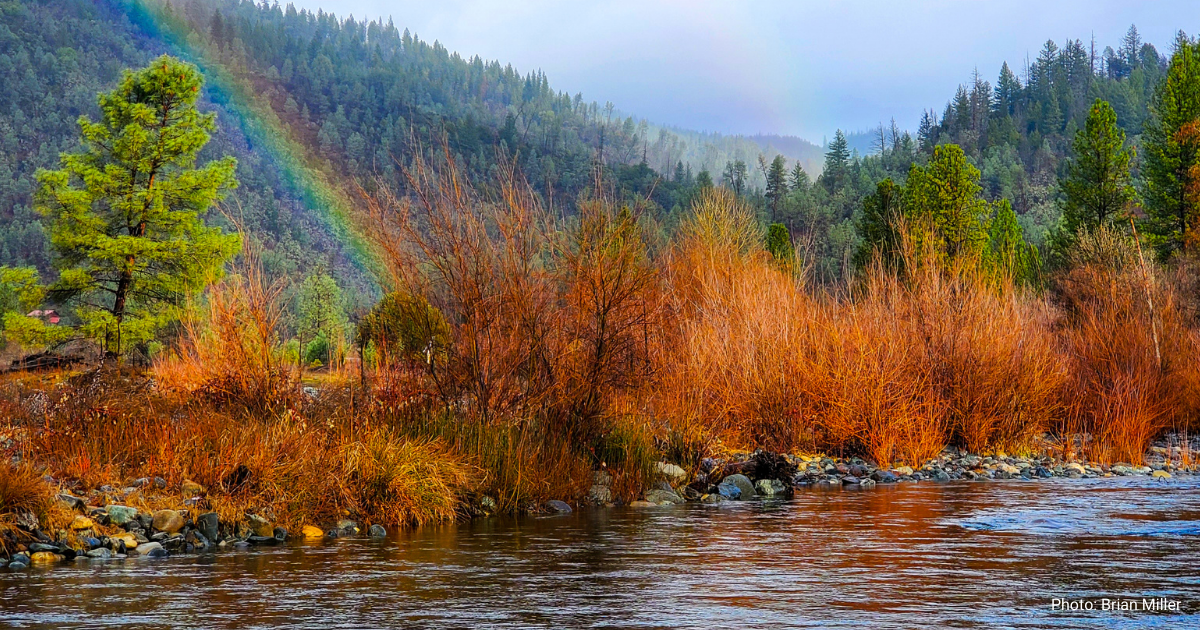Holistic Approach to Water Management for Trinity River
A new water management program is being proposed for the Trinity River to help dwindling salmon populations. The Yurok Tribe helped develop the plan through its participation in the Trinity River Restoration Program (TRRP), which is comprised of tribal, state, and federal agencies, and then submitted it to the Bureau of Reclamation for approval where it currently lies. The new water release plan will shift some of the water normally released from Lewiston Dam in late spring to the winter and early spring, which will create conditions that more closely mimic a free-flowing river. The Yurok Fisheries Department contributed to and thoroughly analyzed this proposal to manage the Trinity “in a more holistic manner,” the Tribe noted. This is one of the biggest, recent opportunities to facilitate positive change on the Trinity.
According to the Yurok Tribe, “the current flow management plan creates artificial river conditions that diminish juvenile salmon’s ability to recognize natural cues to migrate to the ocean. By the time the fish out-migrate, the Klamath is too warm and water quality is extremely poor.”
Currently, the Trinity River wild salmon and steelhead populations are a small fraction of their former size. This flow plan is a step in the right direction to establishing the river into a more natural state and restoring critically important fish runs. Elevating the winter and early spring flows when fish are rearing in the upper Trinity will greatly improve the river environment for salmon, as well as every other species that evolved in the Trinity River watershed.
Read the Goals and Objectives of the Winter Variability Proposed Action from TRRP.





